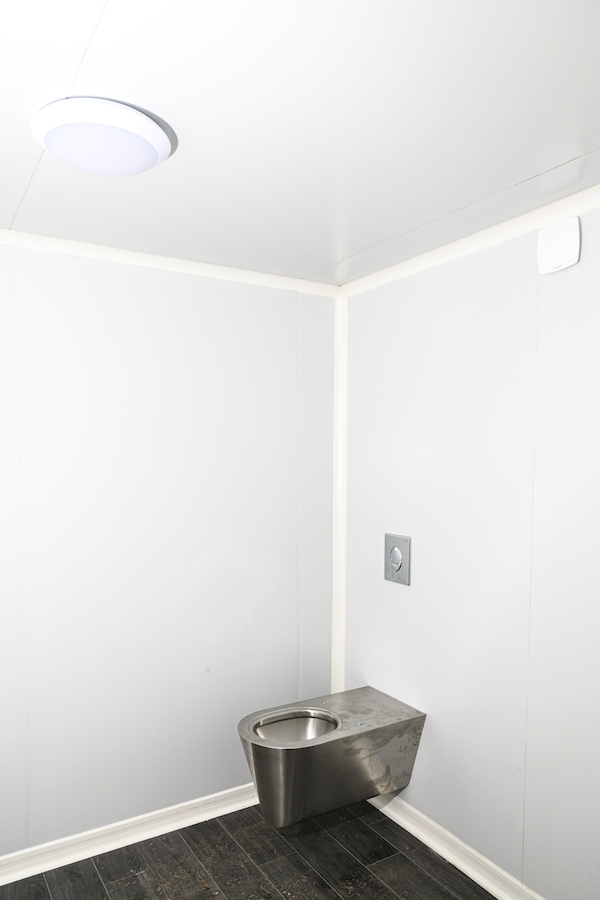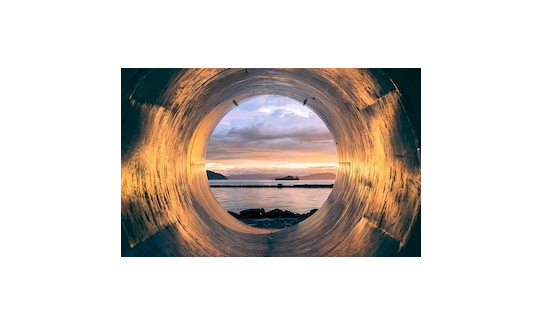Water is the new blue gold and public institutions support innovations in this sector.
WeCo has been awarded by the European Commission with the Seal of Excellence and by ADEME for the Future Investment Project (PIA) in the sustainable cities category.
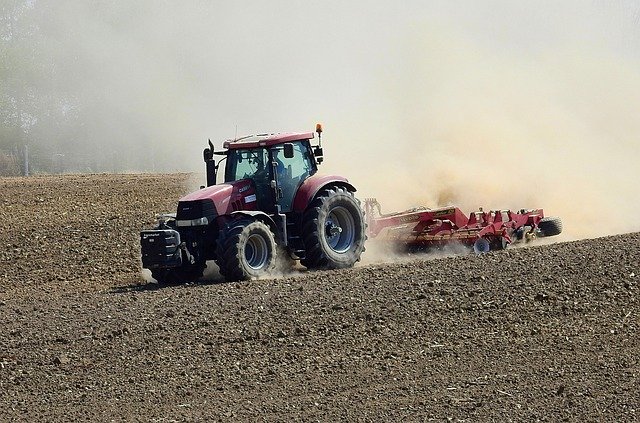
Even though the climate debate is currently overshadowed by the coronavirus outbreak, meteorologists fear a dry summer for central Europe for the third year in a row. Industrialized countries now know from the media what waste, pollution and scarcity of water mean for agriculture and forestry as well as for biodiversity. The uneven distribution of water supplies is already causing political crises and fierce struggles for its distribution in poor countries. Today, more than 2 billion people in the world do not have access to safe drinking water.
These two major awards for WeCo highlight the importance of innovative decentralized water treatment systems. At the same time, they stress that the water problem is becoming more and more important in Europe. In the media, the subject is presented mainly in the context of disasters (drought, flood, salinization) which affect Europe less than Asian or African countries. However, many are not aware that basic water services in Europe could also be severely affected in the years to come due to climate change.
It therefore seems obvious that an alternative and intelligent use of the water resource is as important as the energy transition. Indeed, the market for innovative energy-saving solutions or intelligent solutions for passive houses is booming. On the other hand – except in the industrial sector – the concepts of water saving or water treatment for public buildings, apartment buildings or private households are of less interest, especially for investors.
Start-ups specializing in the development of new water-related technologies quickly discover the difficulty of conquering this market when they venture there and want to develop a profitable business model. Large industrial companies have largely monopolized the collective management of water and their motivation for systemic change is rather slowed down by business models, admittedly functional, but often obsolete. Investors, too, continue to focus primarily on high-tech services, where new ideas can come to fruition with relatively little manpower and in a short period of time. Cleantech start-ups, on the other hand, need a lot of time, R & amp; D projects and especially capital to industrialize their solutions. It sometimes takes years to develop a technology, test it, bring it into the regulatory framework and then industrialize it to bring it to market. It is therefore particularly important for young companies in the water sector to show, through reference projects, that the market is keen to experiment and subsequently benefit from their innovations. Funding is at the heart of the problem.
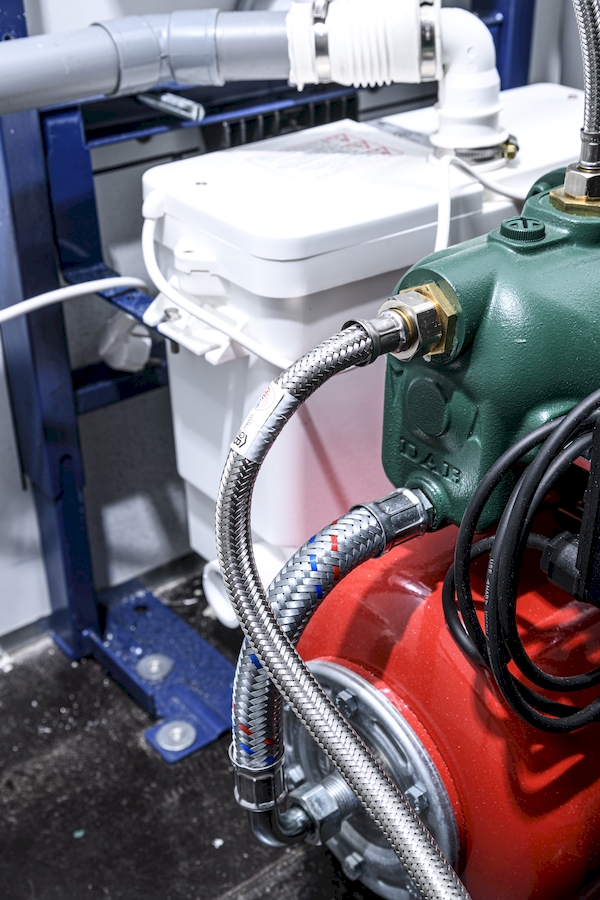
Despite everything, Greentech WeCo has taken this difficult road. Since 2014, the company has been working to reinvent toilets, sanitation and wastewater reuse. From the start, the team wanted to develop a flush toilet that does not consume water, treats and reduces waste to ultimately turn all waste into resources, with a circular economy objective.
After the design of prototypes and the first sales to cities such as Saint-Étienne Métropole or the city of Grigny (94), WeCo became the winner of the European Horizon 2020 innovation competition and the Agency’s sustainable cities award. French Environment (ADEME). These awards encourage visionary and excellence-oriented innovations to achieve the United Nations Sustainable Development Goals.
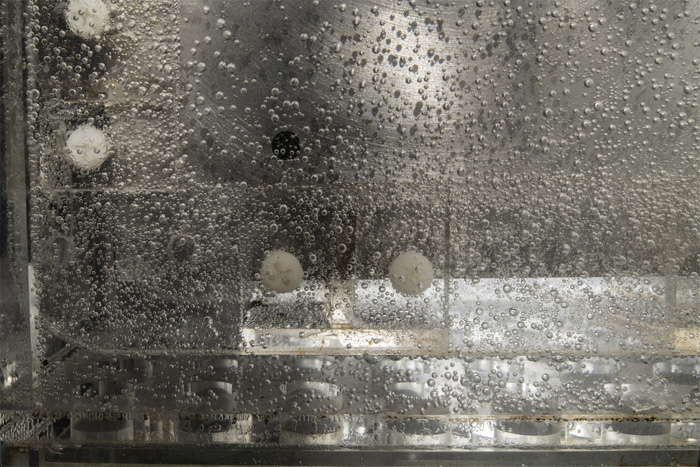
This pioneering innovation could change the problem of wastewater in Europe and around the world: conventional flush toilets, on the one hand, consume huge amounts of drinking water and, on the other hand, pollute the environment through costly and energy-consuming water treatment, at a time when politicians and public opinion have understood the importance of ecological transition. Faced with this obsolete situation, WeCo found the solution and demonstrated its applicability in the market.
This is why it has been awarded by the European Commission with the Seal of Excellence and by the French government with the Future Investment Project for Sustainable Cities, receiving a grant of over € 800K. Enough to fill the gaps in the water market when it comes to investment.
By rewarding innovations from sustainable, innovative companies with a strong social and environmental impact such as WeCo which is an impact company and a Young Innovative Company (JEI), the European Horizon 2020 jury invites private investors such as impact funds to consider this blue gold mine as a great opportunity for profitable and sustainable development.
